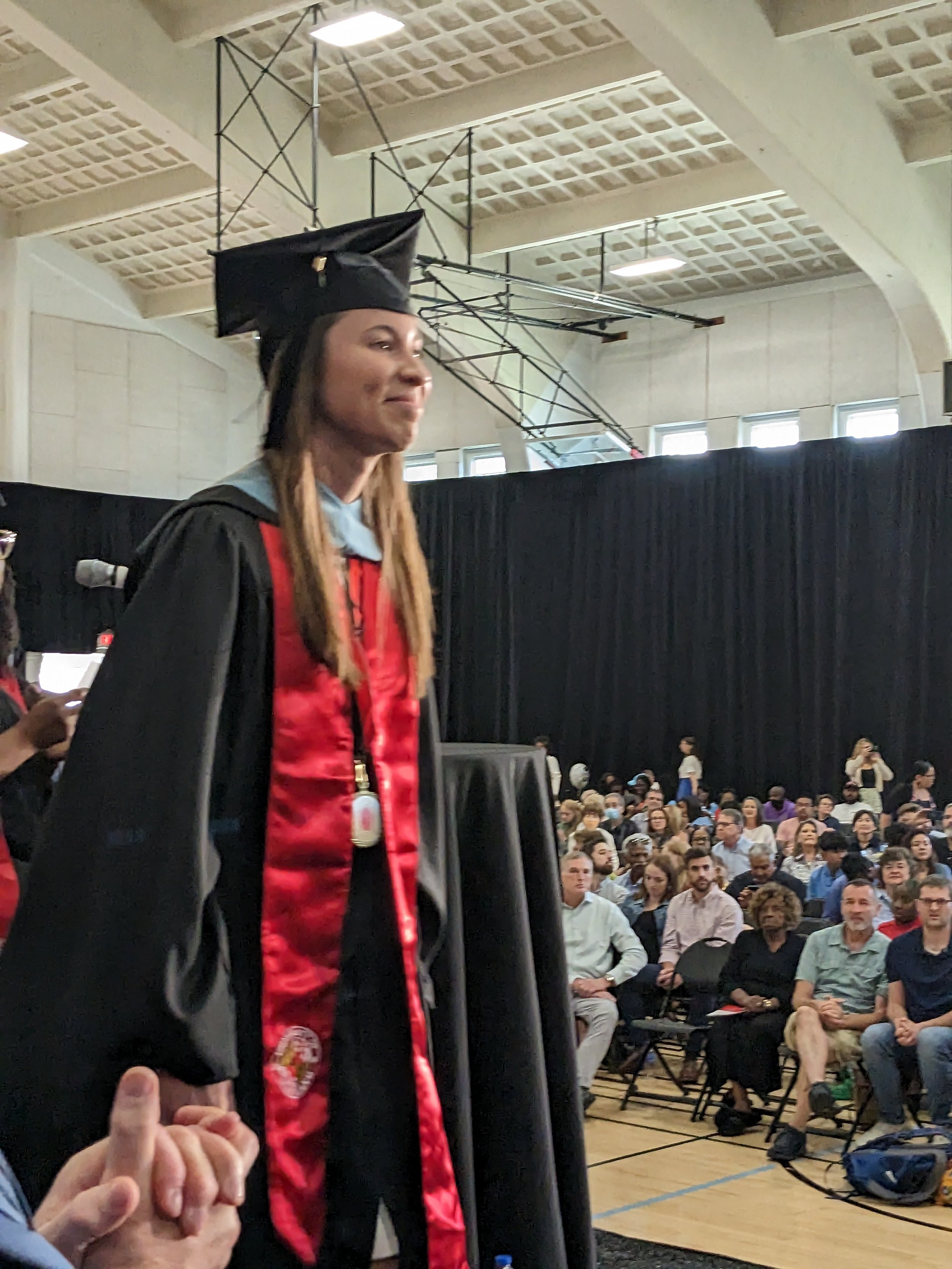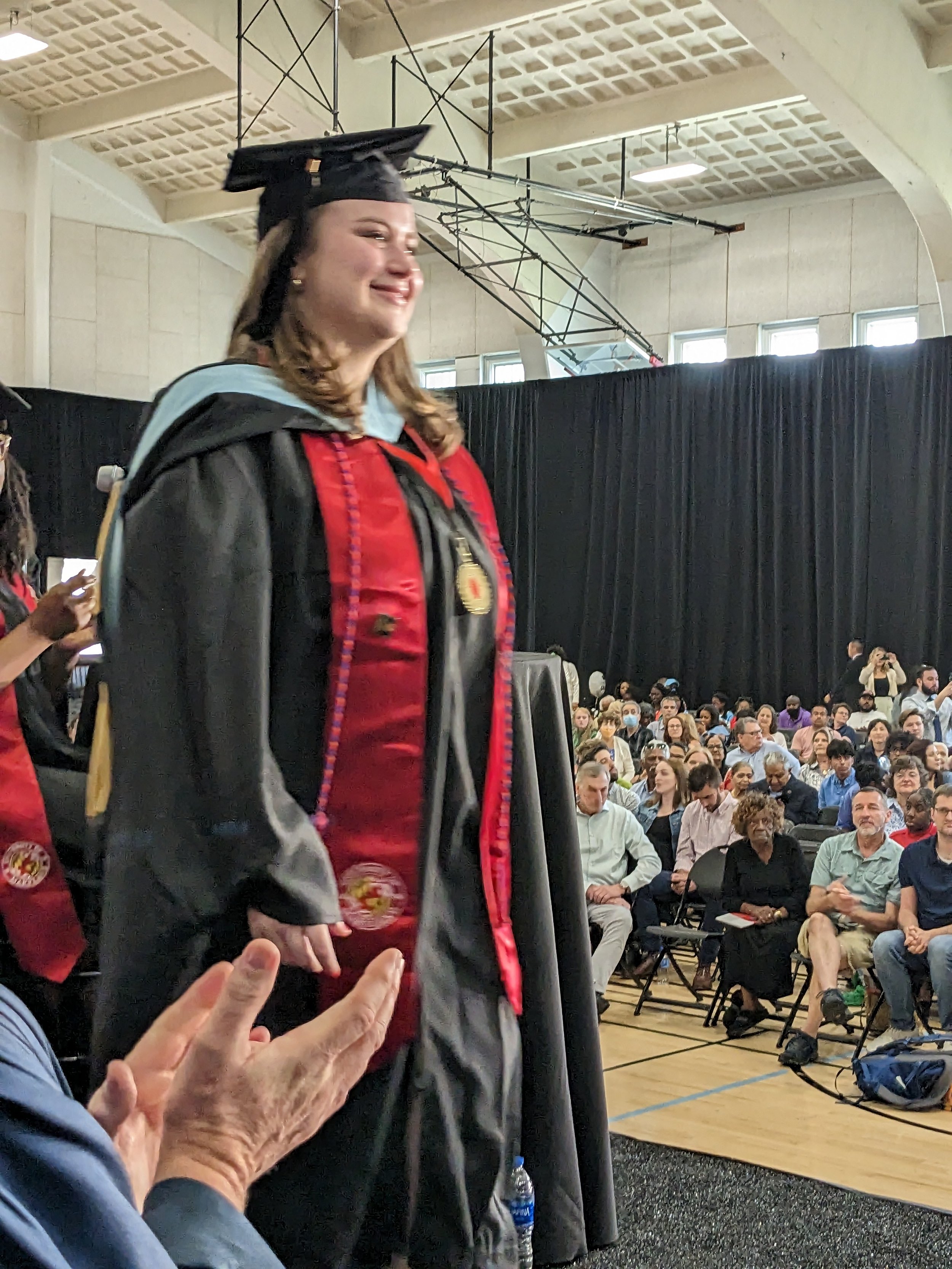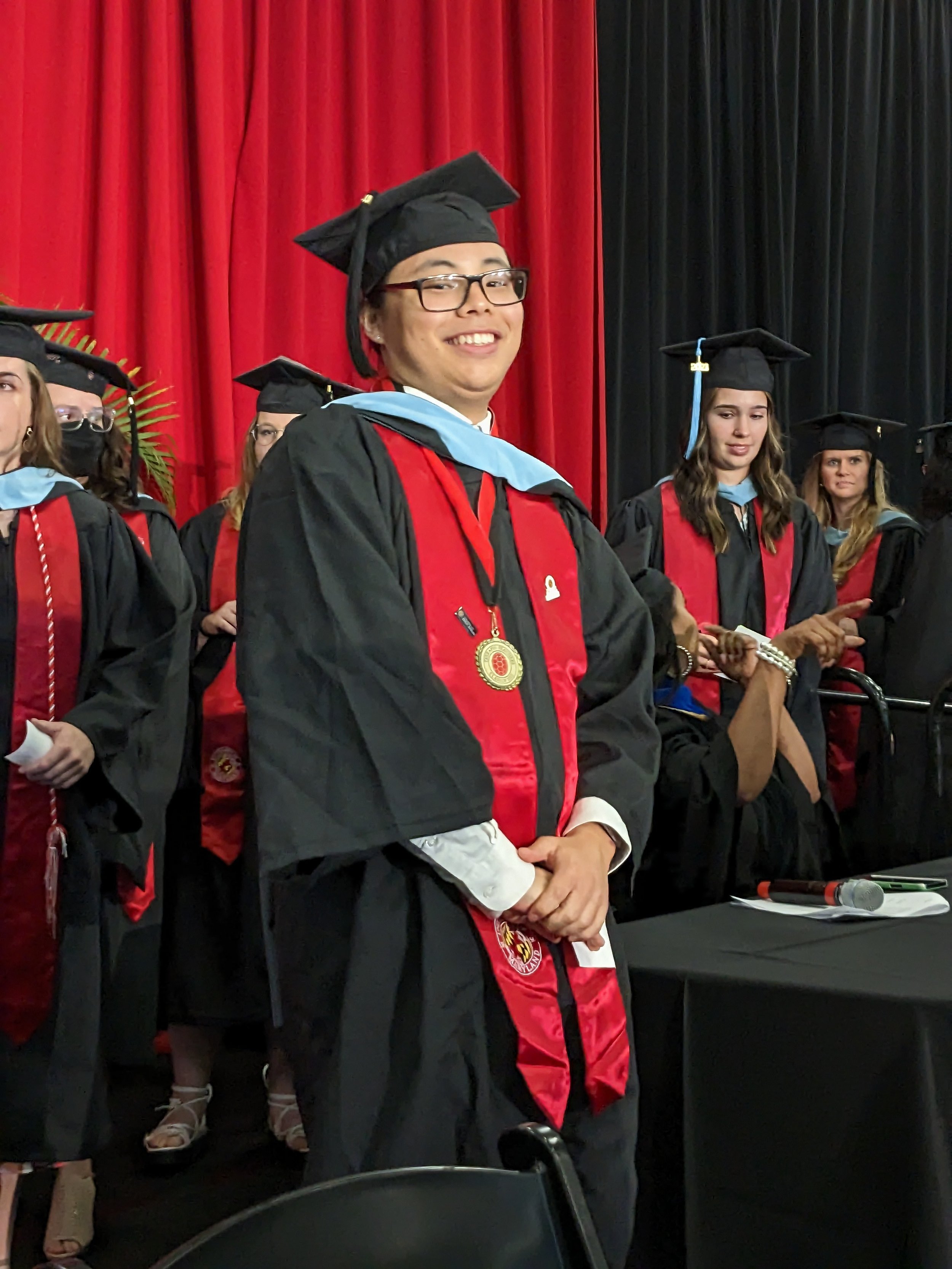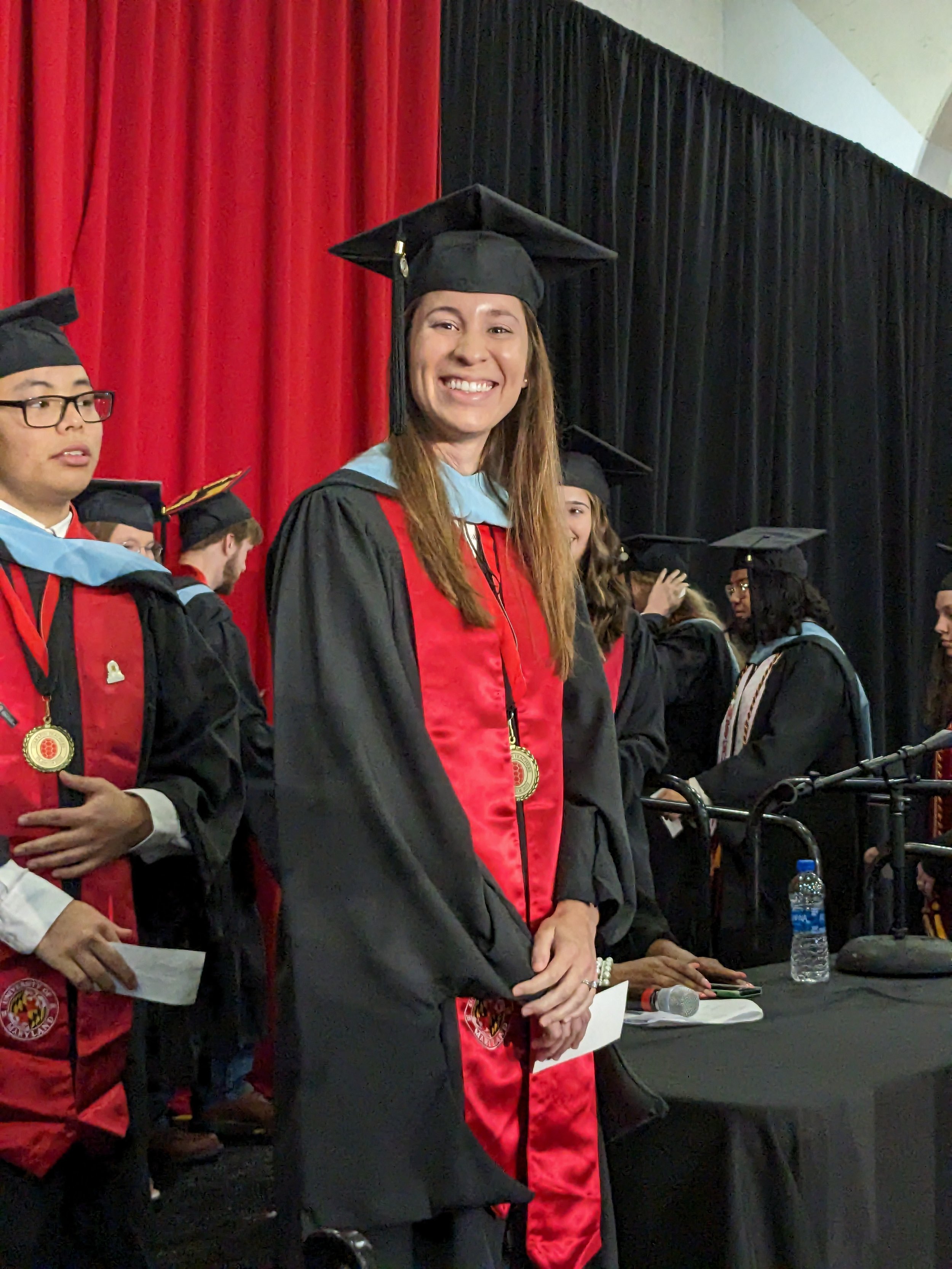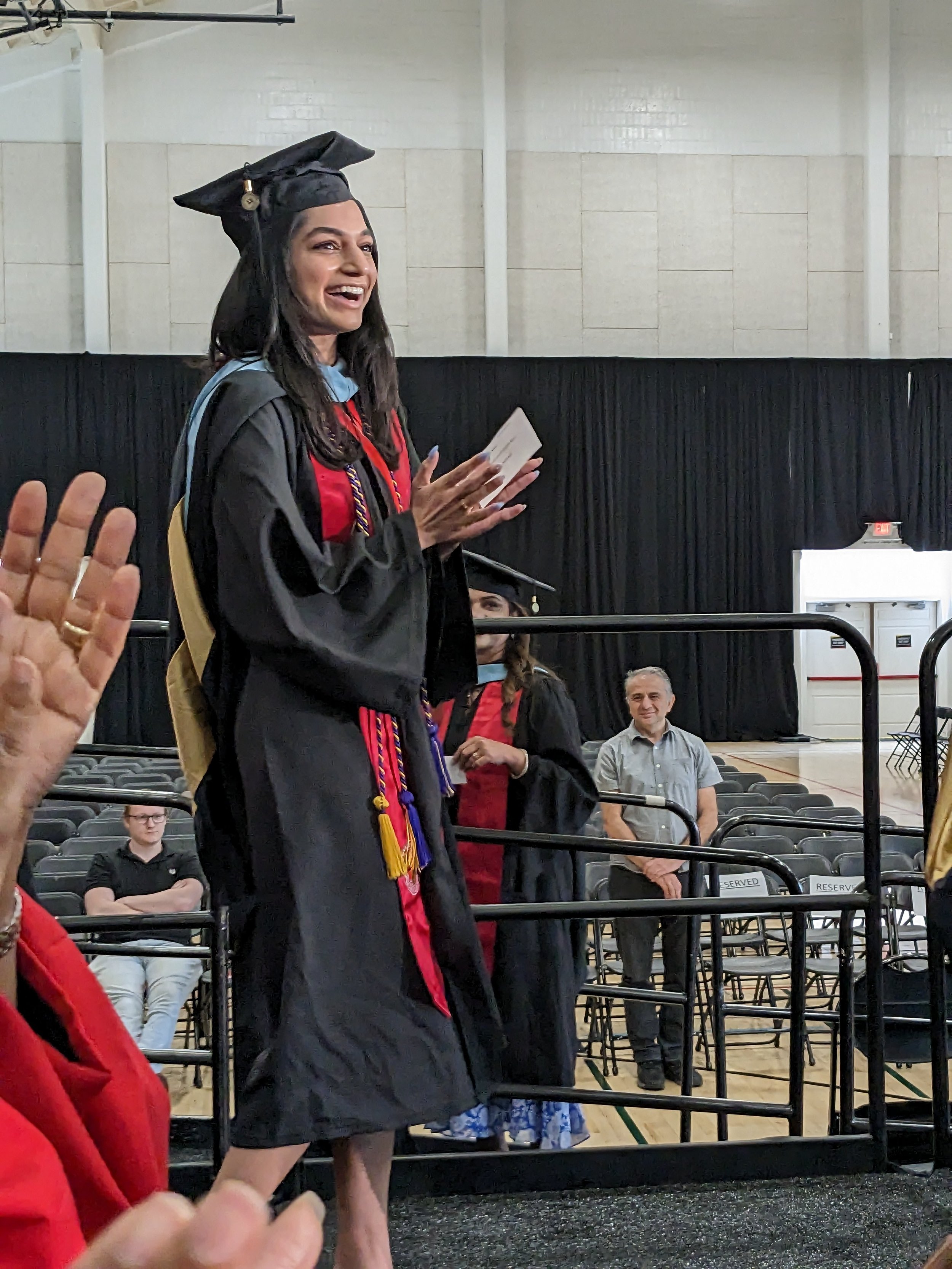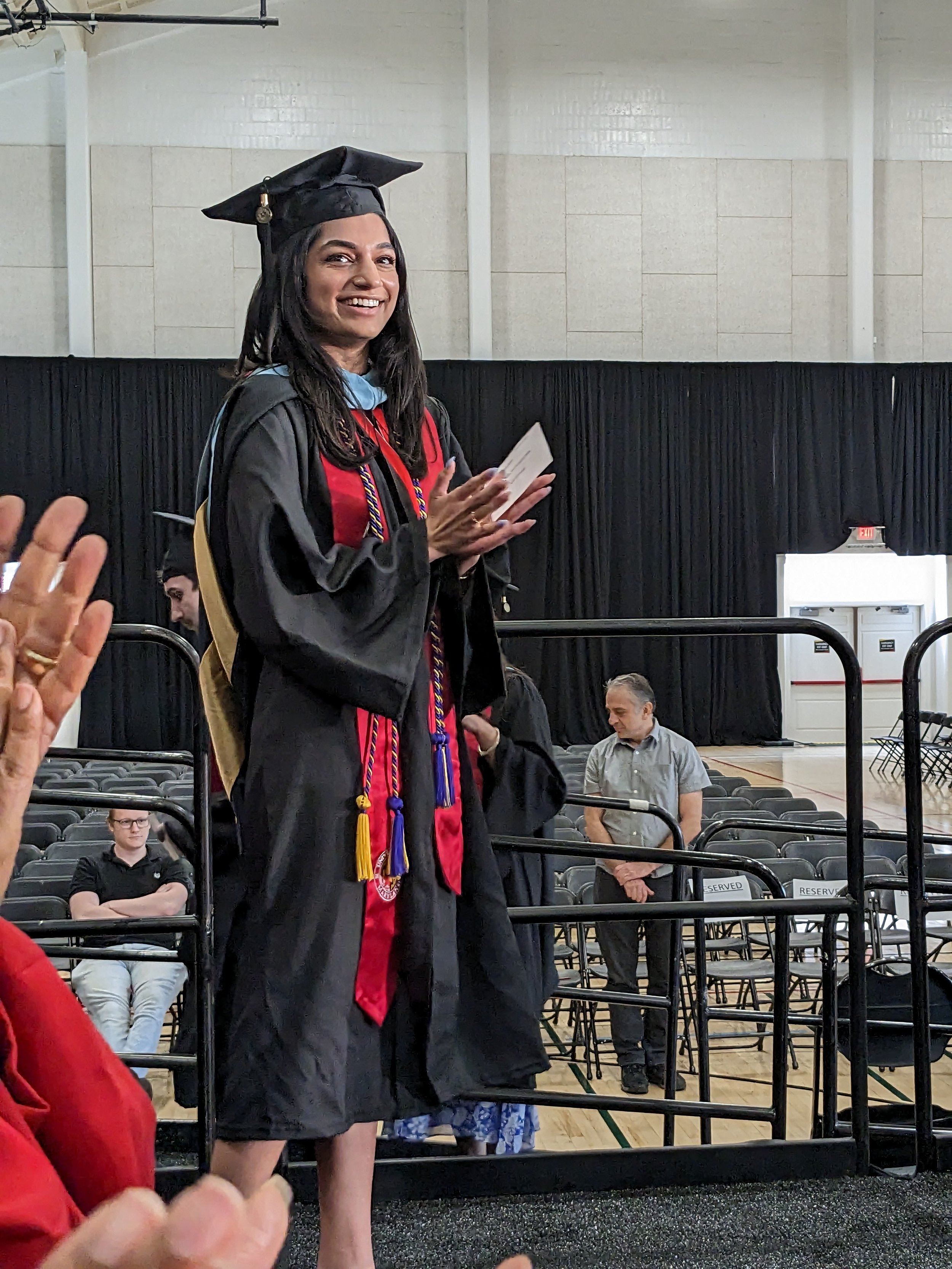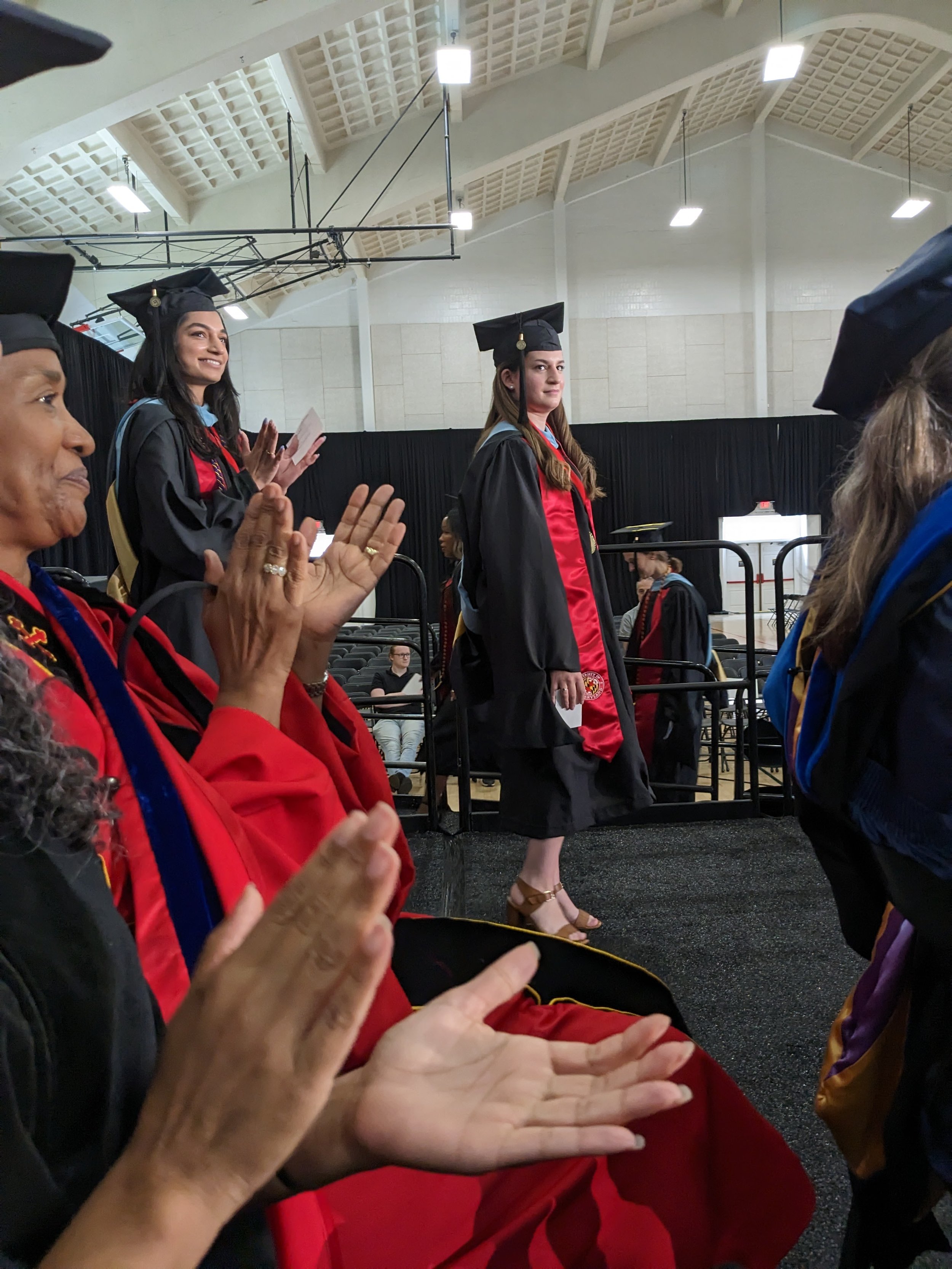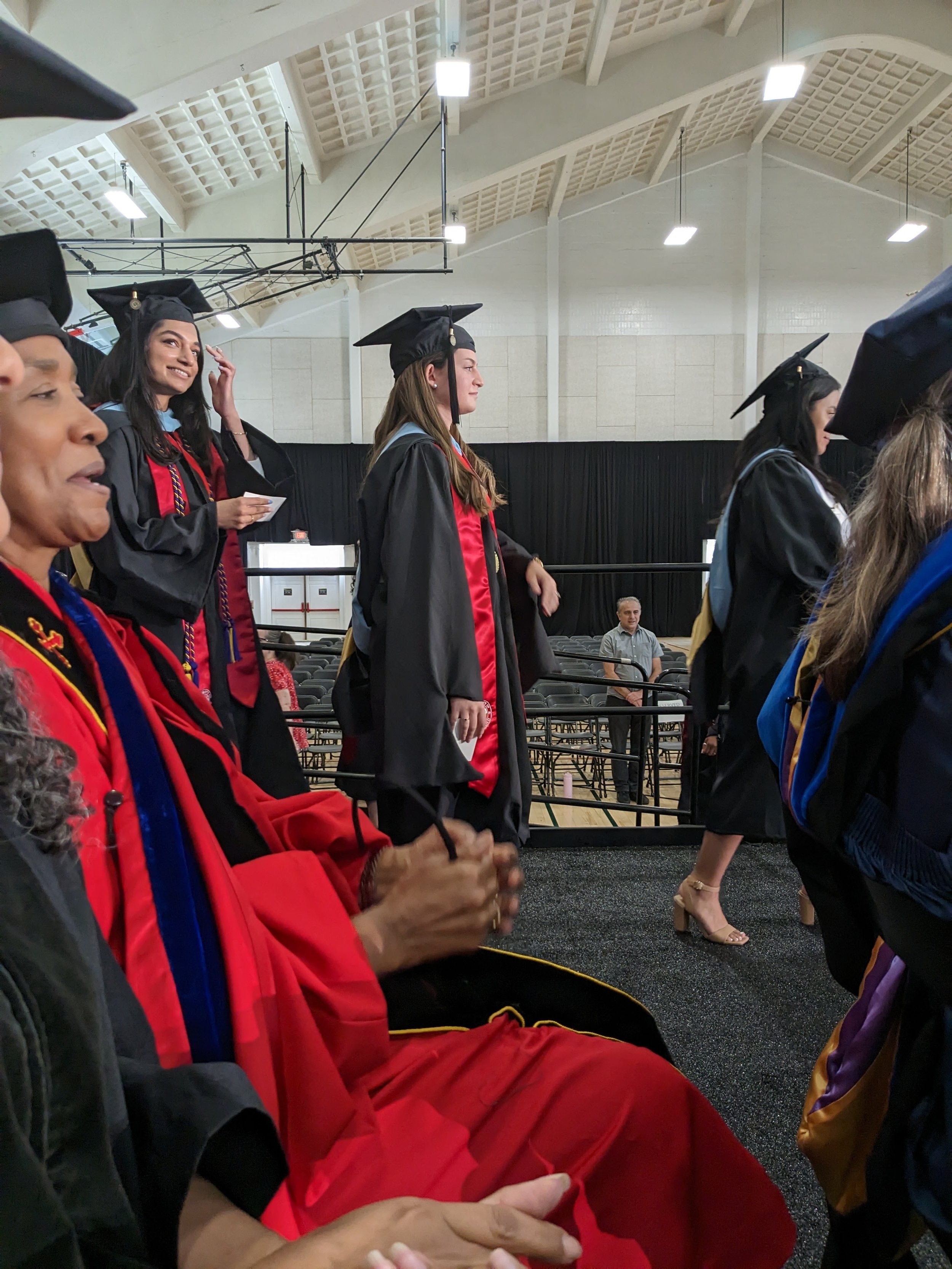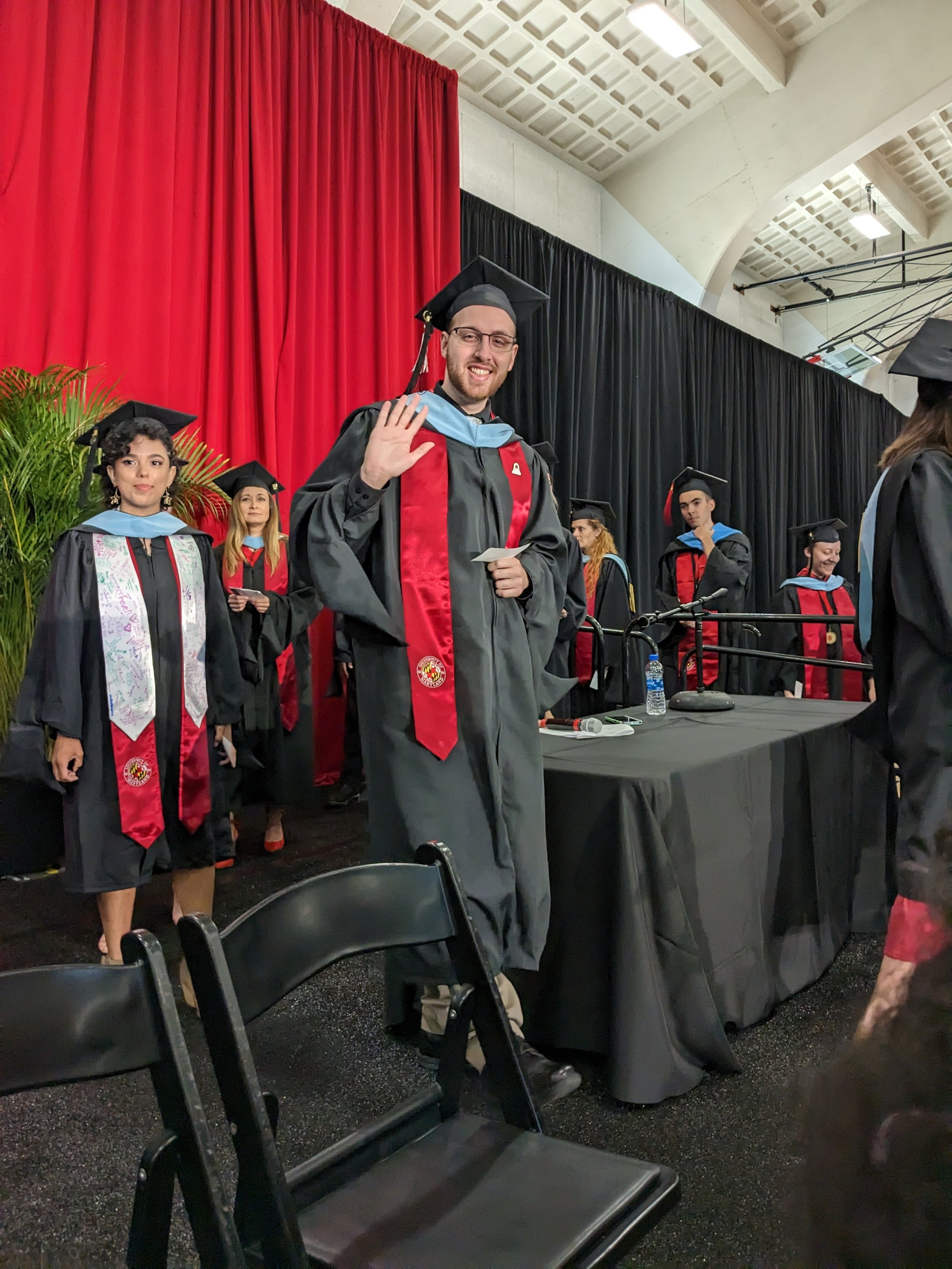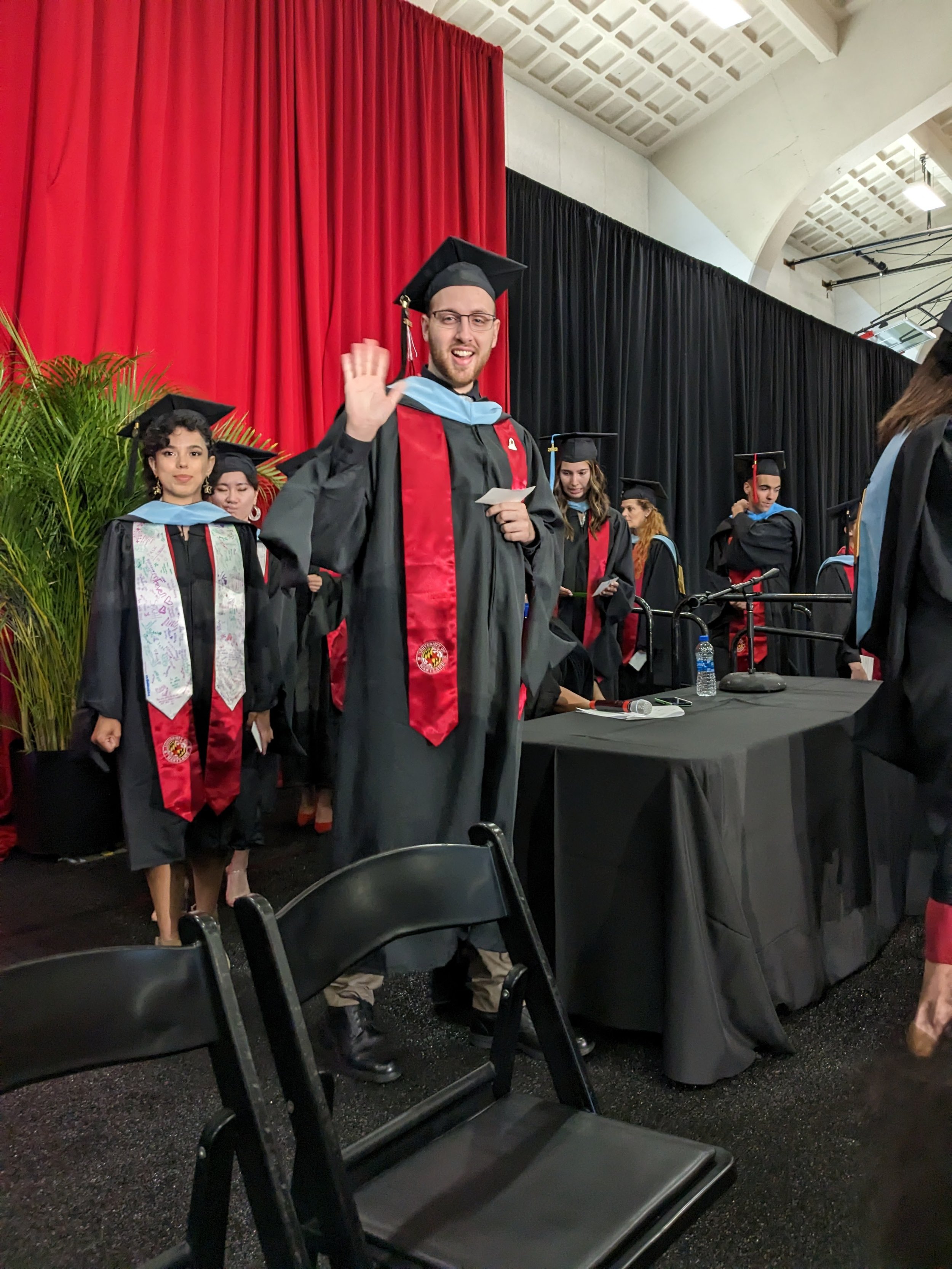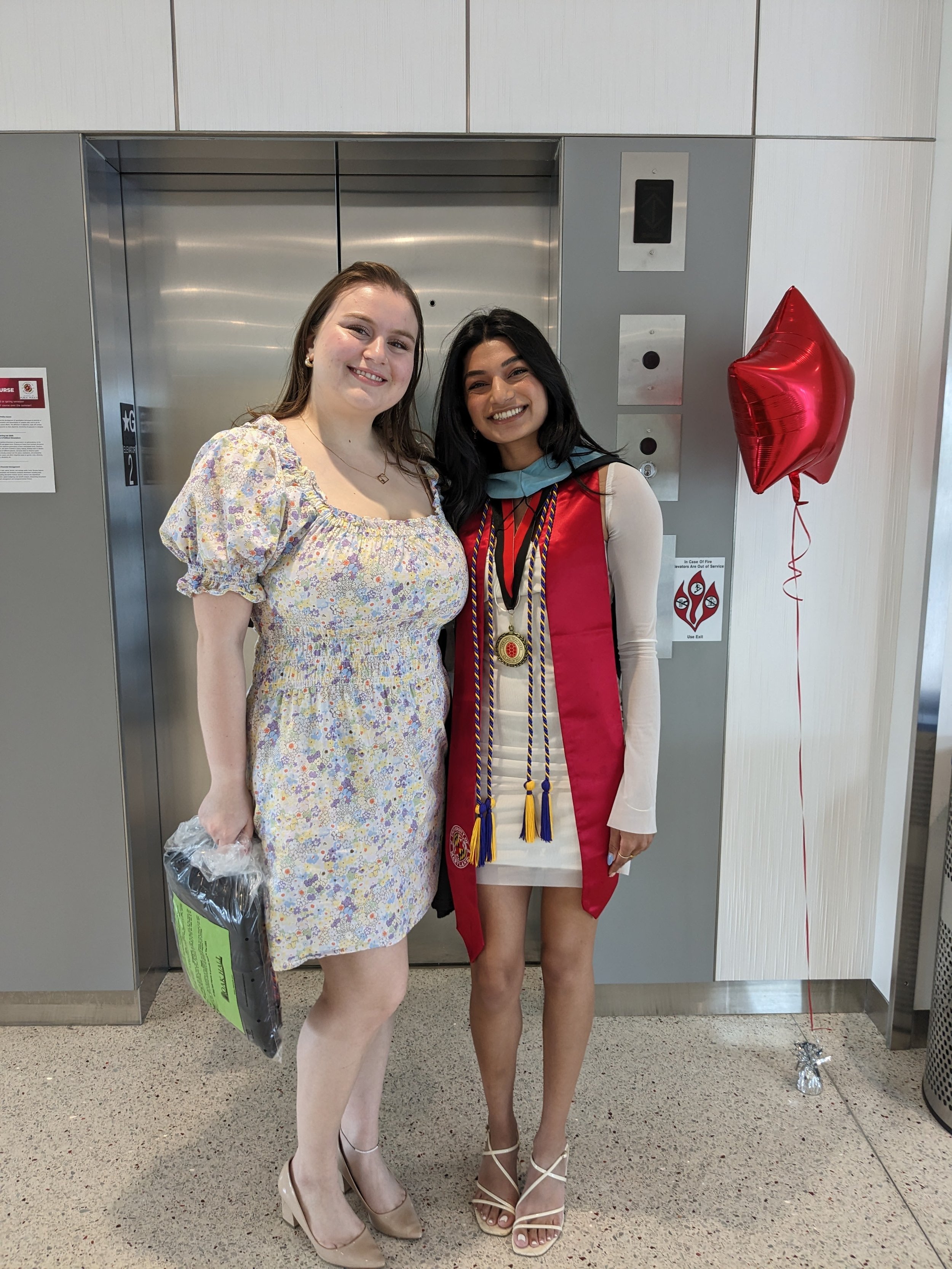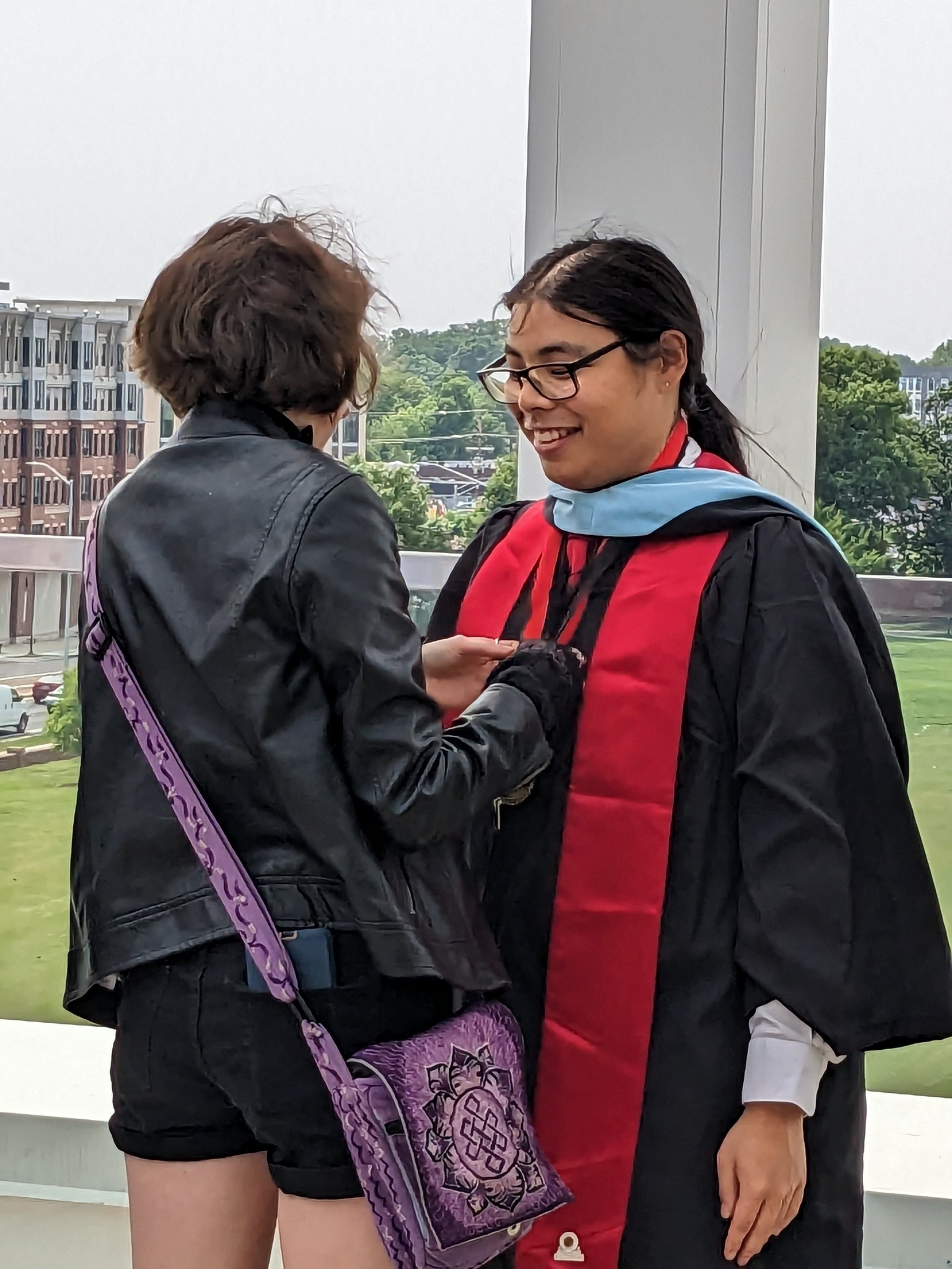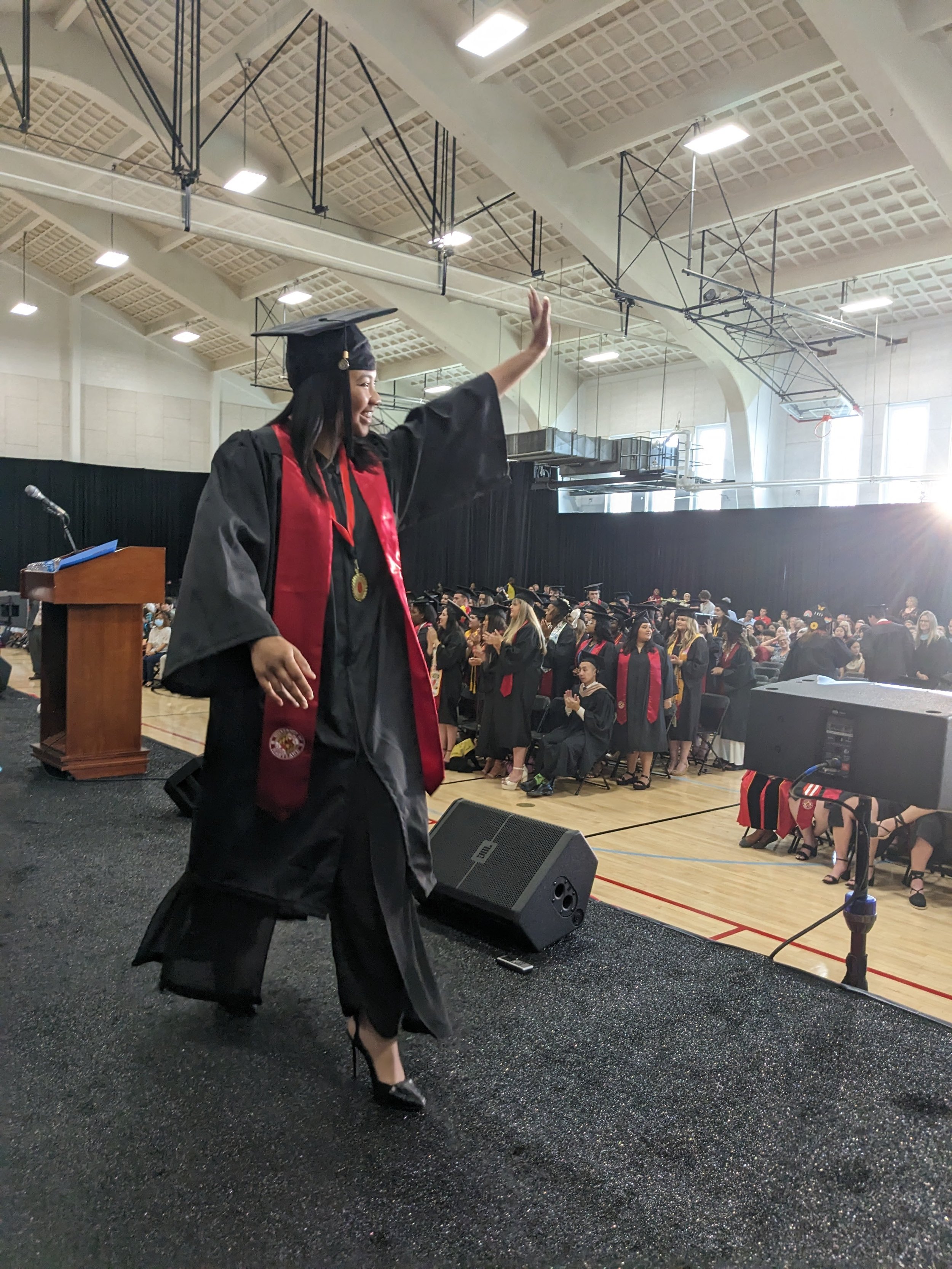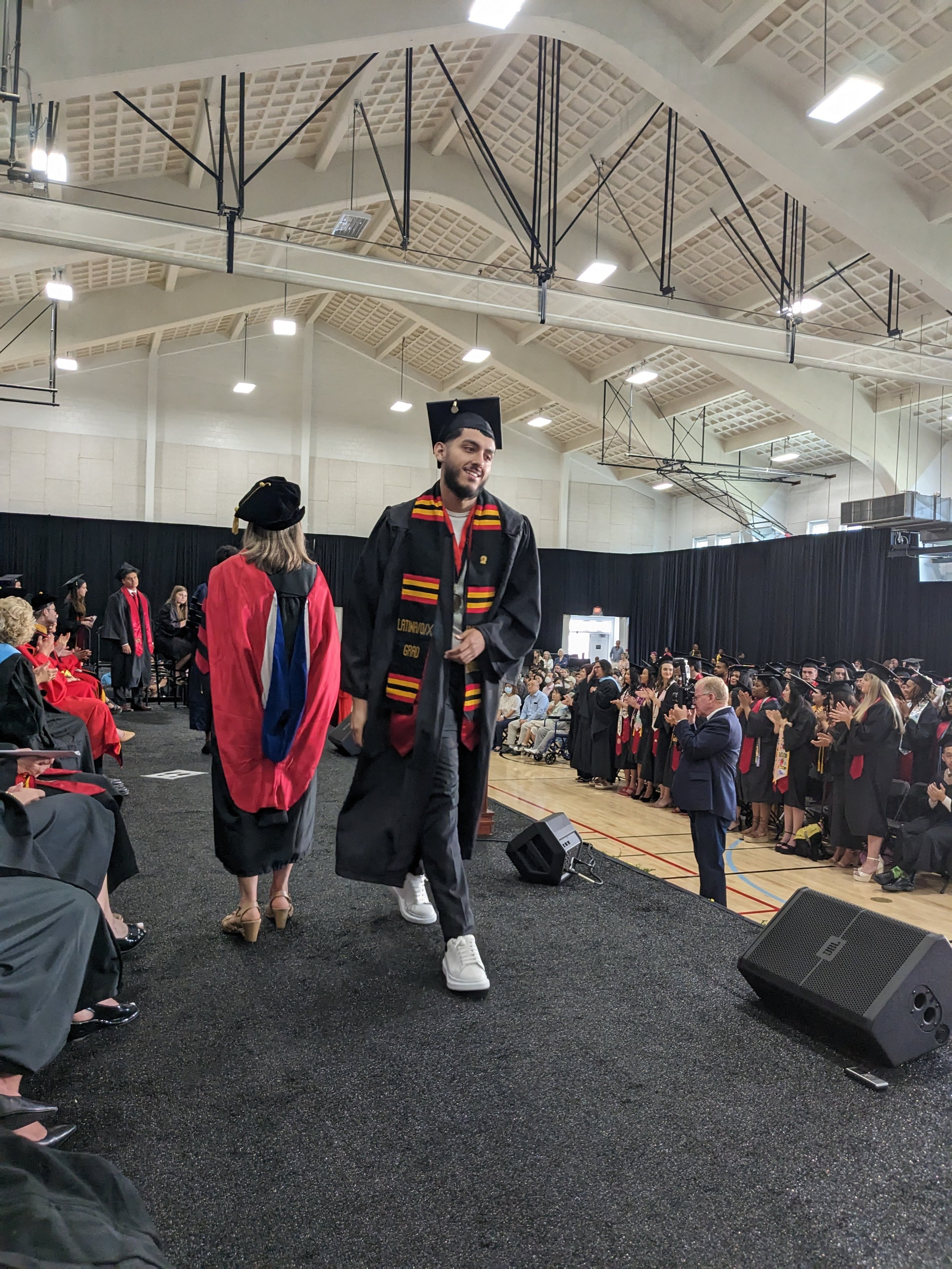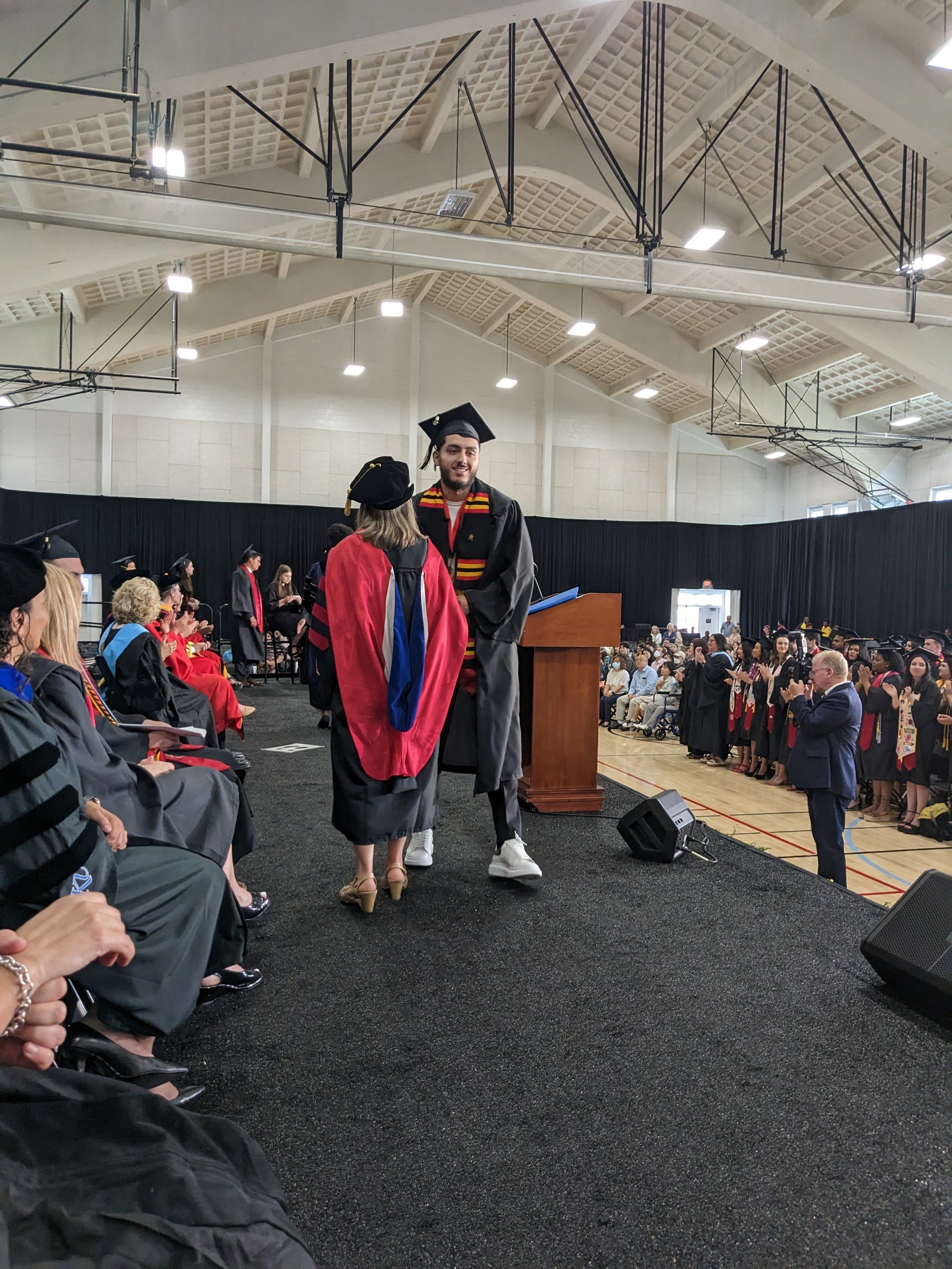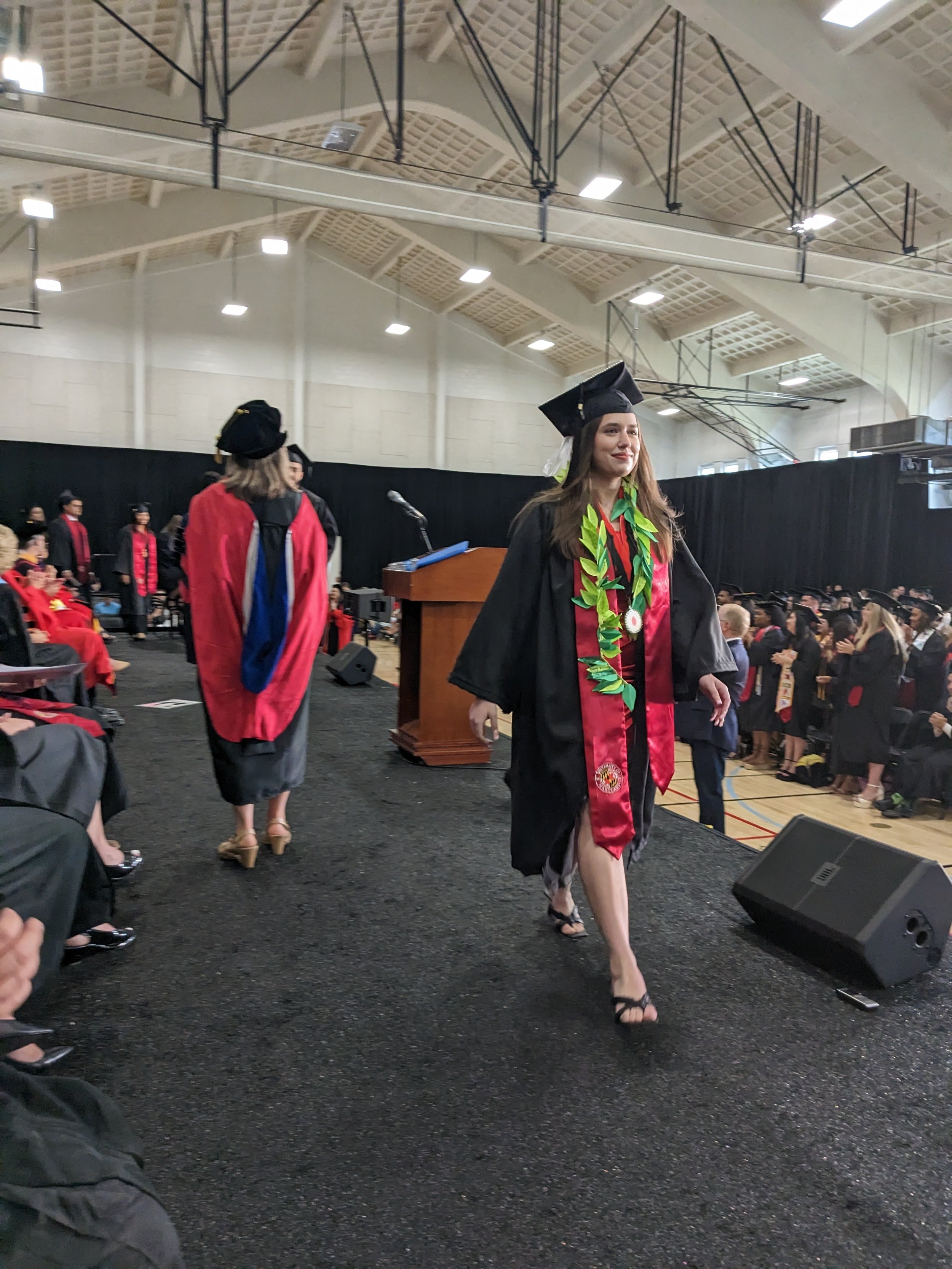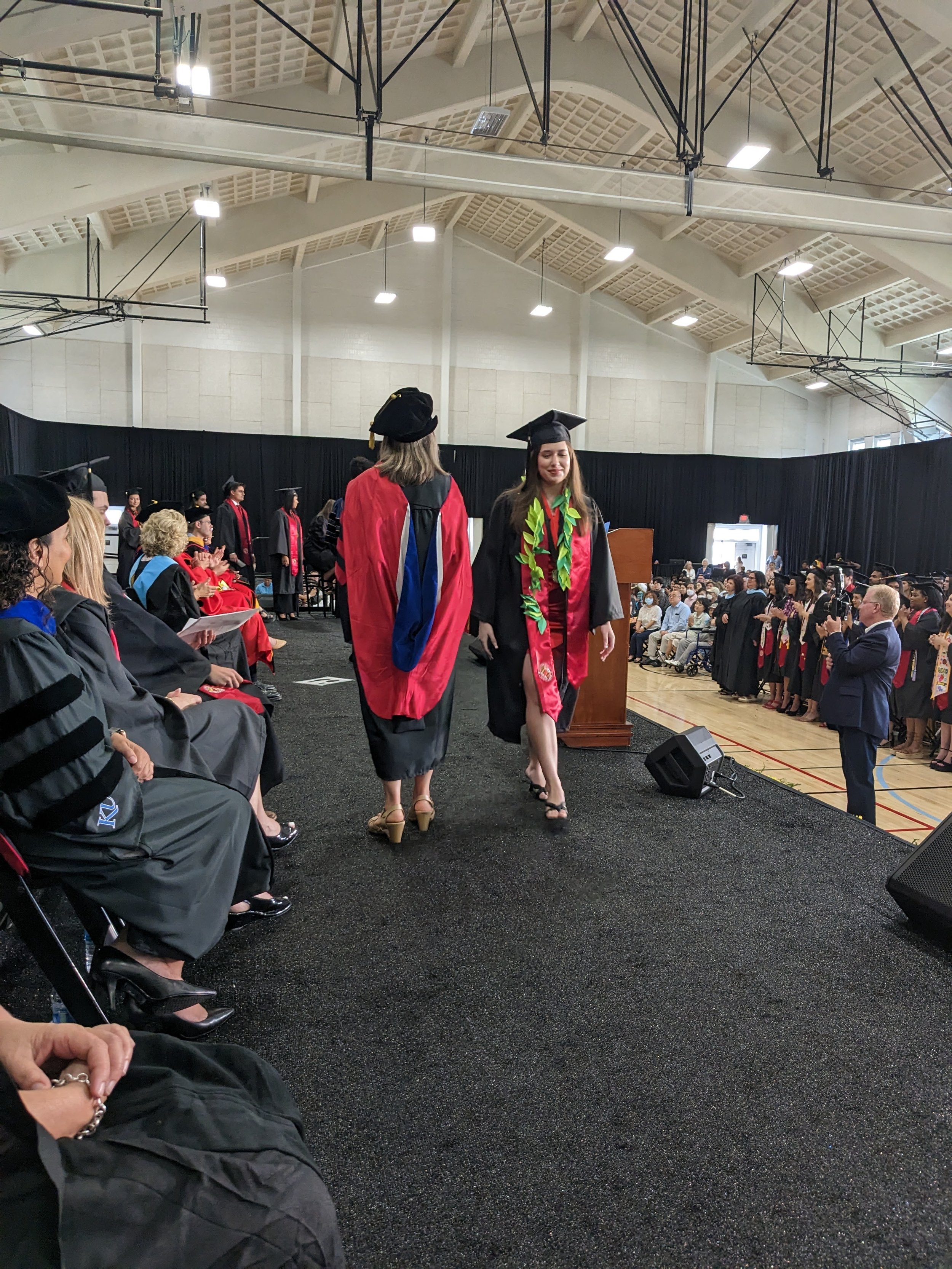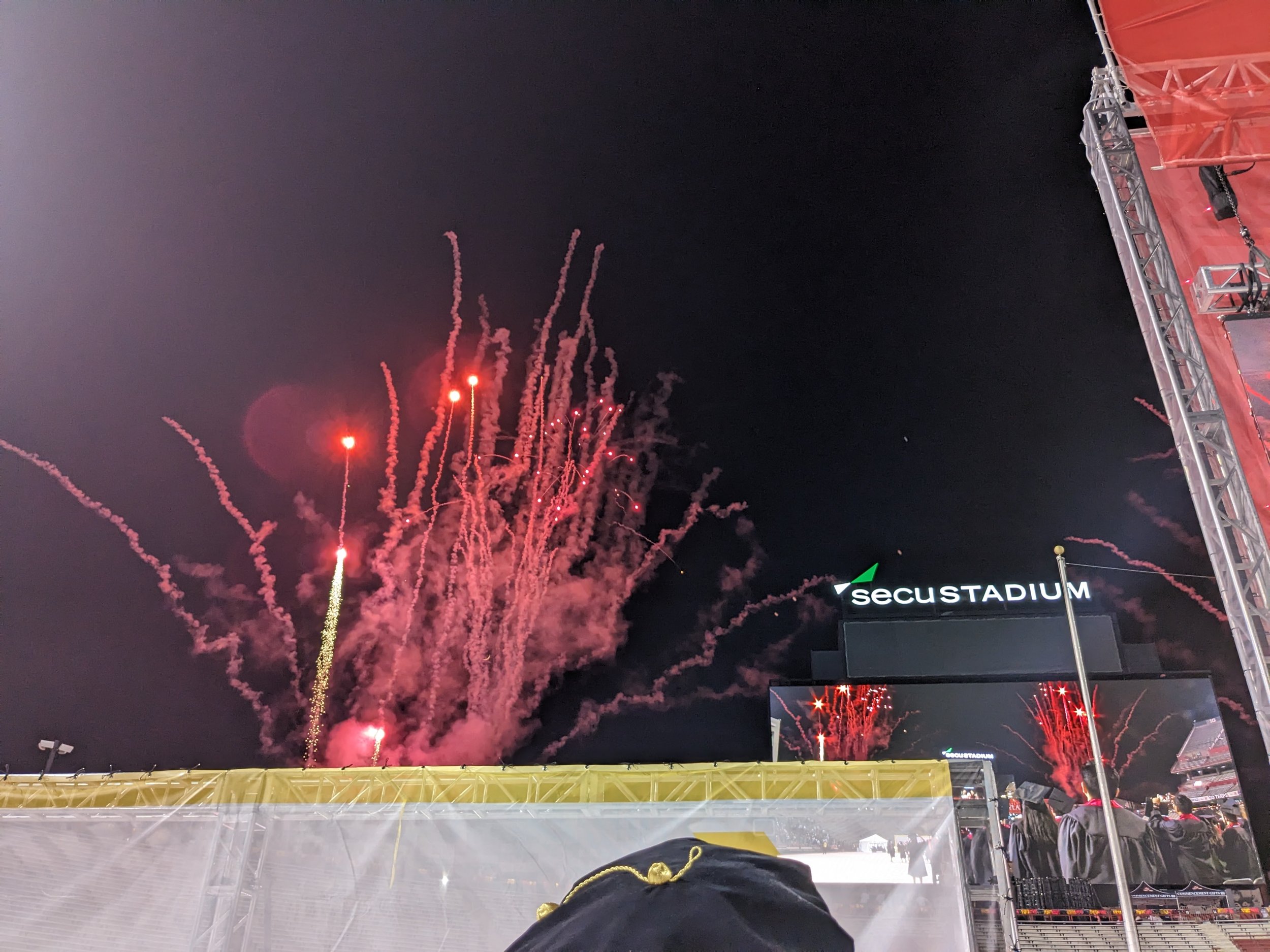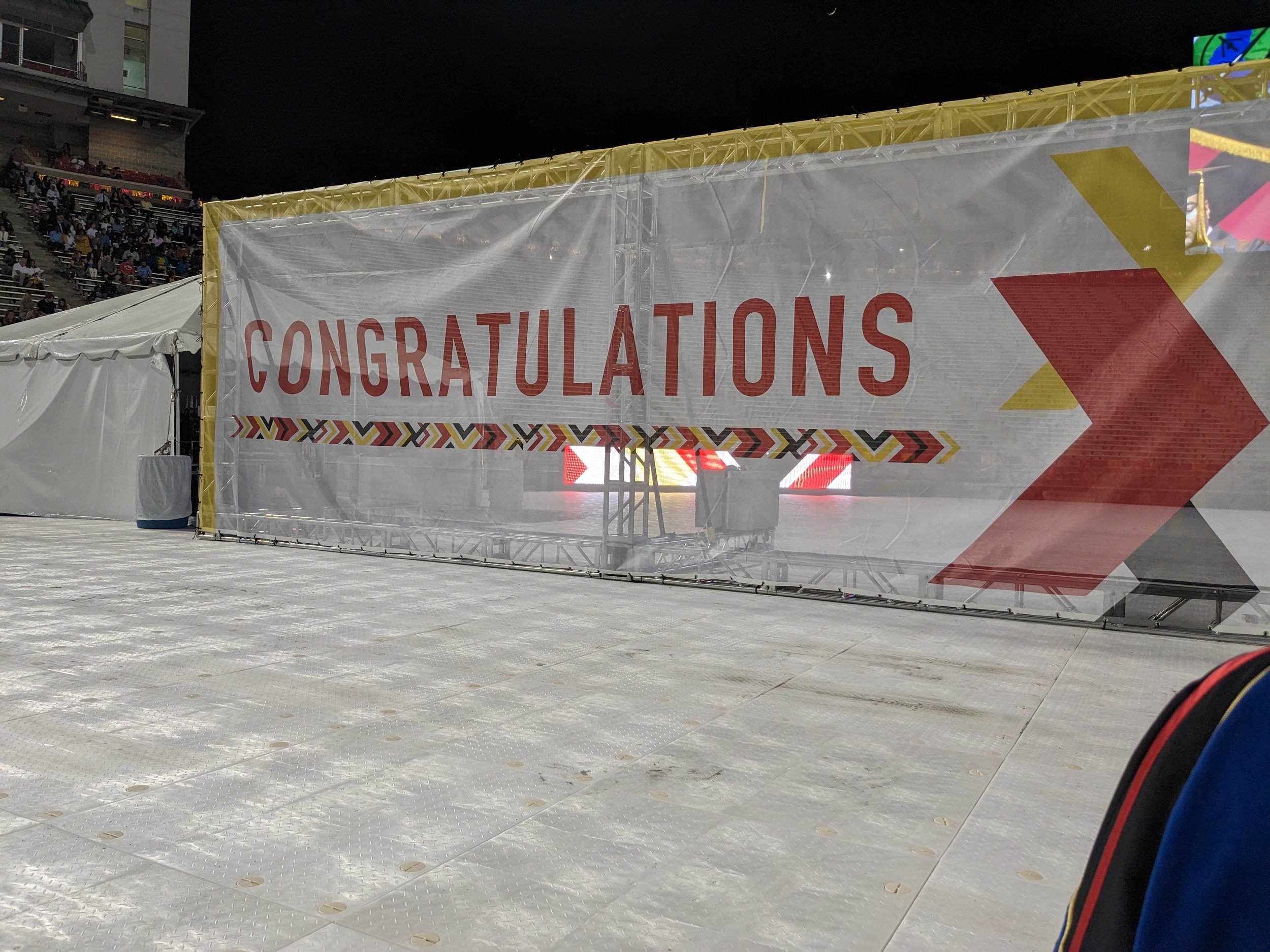The Terrapin Teachers (TT) program is rolling out new courses every semester, with our final course rolling out in spring 2018. If you are a freshman or sophomore, you would be able to complete all of your coursework through TT. If you are a junior, your program of study could be a “hybrid,” including some TT coursework and some coursework from the existing secondary education program, or you might consider one of our master’s certification programs. If you are a senior, we encourage you to pursue the Master's Certification (MCERT) or the Integrated Master’s Certification Program (IMCP). Juniors and seniors-- please speak to a master teacher who can refer you to a College of Education advisor or a contact for the master’s certification programs.
PLEASE SPEAK TO YOUR STEM ADVISOR PRIOR TO REGISTRATION!
CORE COURSES
TLPL 101 + 102 satisfies the Scholarship & Practice general education requirement
TLPL 101- This course encourages students to think deeply about what it means to learn and teach math and science. The main goals are to begin to understand the teaching profession, the complexity of the classroom, and start to develop teaching practices that are responsive to student ideas.
You will be matched with a partner from your class, and a teacher in a local elementary school. Over the course of the semester, you and your partner will visit this teacher’s classroom to conduct two observations and teach two inquiry-based lessons. Your class schedule must allow for a 3-hour window of time, preferably twice weekly, during the local elementary school hours (7:45am-3:15pm) to complete the four fieldwork assignments. All schools are close to campus and accessible via public transportation. Terrapin Teachers will pay for the fingerprinting that is required prior to visiting the school.
TLPL 102 - If you are interested in continuing to explore the teaching profession, consider taking TLPL102: Inquiry Teaching of STEM in Middle Schools. TLPL102 also offers a $150 scholarship to students who earn a “B” or better.
This course extends ideas from TLPL101. Course assignments and fieldwork experiences challenge students to engage deeply with a math or science topic in a cycle authentic to the teaching profession. Assignments include interviewing a student, teaching a lesson, analyzing student work, and conducting a follow-up discussion.
Knowing & Learning – Construct models of knowing and learning to guide classroom practice. You will use the clinical interview method to make sense of someone's reasoning about a topic in mathematics or science.
Project-Based Instruction – Discuss and critique the merits of project-based instruction (PBI) in terms of student's cognitive development, equity, and motivation. You reflect on applications of educational theory as it relates to classroom practice in the area of project based instruction. This course includes a field experience with local high school students.
Perspectives in (Science or Math) – Describe the historical development of aspects of science and mathematics relevant to future teachers.Students will also describe several analytic frameworks for understanding the history of science and mathematics.
Research Methods – Create your own experiments to answer scientific questions. Design experiments to reduce systematic and random errors and use statistics to interpret the results.
Functions & Modeling – Demonstrate a depth of content knowledge with regard to important secondary mathematics topics such as parametric relations, polar relations, matrices, exponential and logarithmic functions, vectors, and complex numbers.
Classroom Interactions – Observe, analyze, and discuss how students' knowledge and skills can be built using a variety of instructional strategies (including direct instruction, inquiry teaching, and use of small groups), focusing on what each model requires of teachers. This course includes a field experience with local high school students.
Apprentice Teaching – Design instruction appropriate for all students that reflects an understanding of relevant content and is based on continuous and appropriate assessments. This course includes a field experience with local high school students.
Sample Four Year Plans
Contact: Jessica Chew, STEM secondary education advisor, jmoats@umd.edu
Terrapin Teachers: Dr. Anisha Campbell, Associate Director, amcamp10@umd.edu

